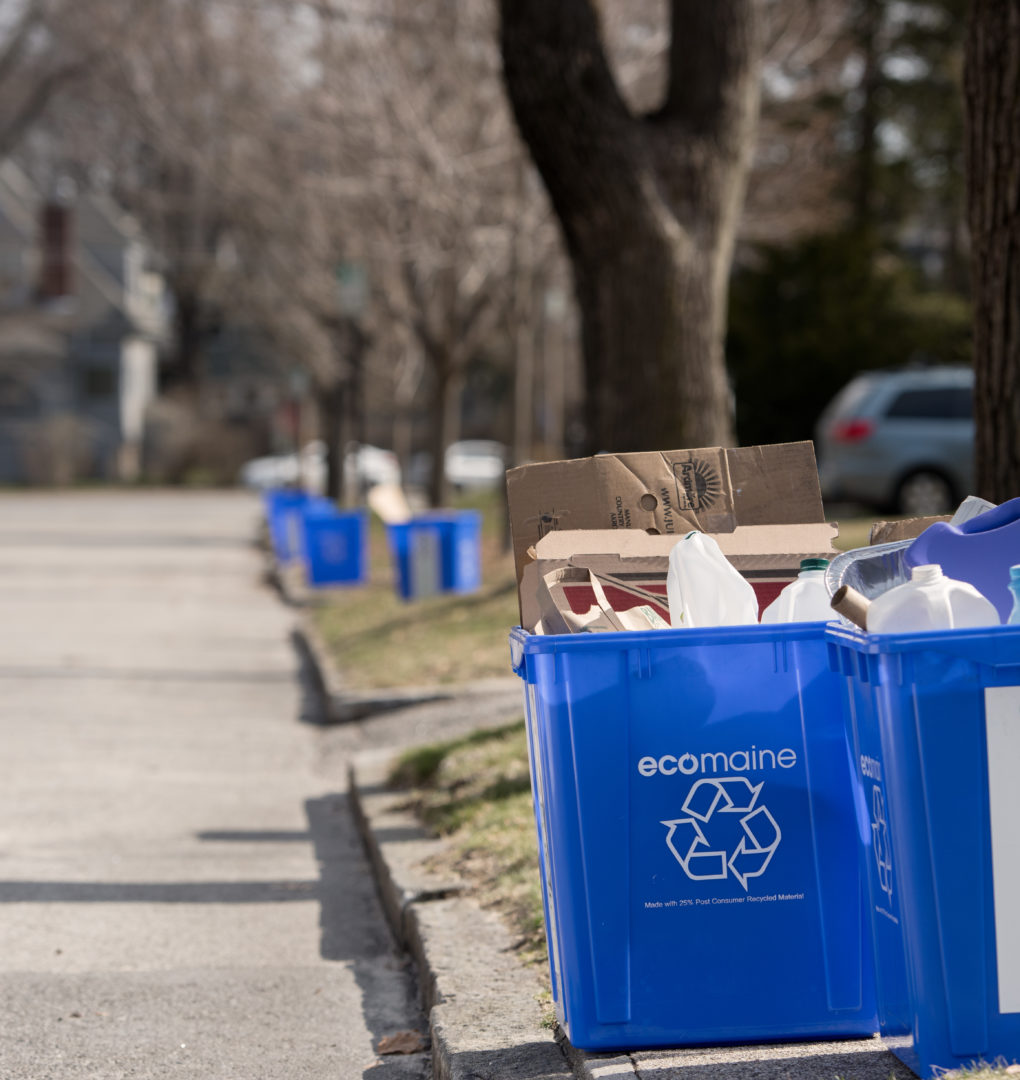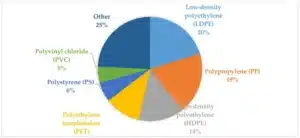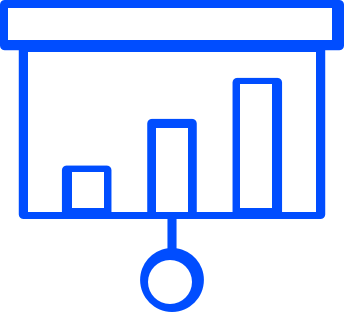Annual Reports
2023 Annual Report
Click here for Financial Reports
General Audience
The hidden economic and environmental costs of eliminating kerb-side recycling [Link to Report (HTML) | Link to PDF]
Nature Sustainability May 2023
Dispelling Plastic Recycling Myths
National Waste & Recycling Association
Scientific Truth About Waste-to-Energy
Dr. Marco Castaldi, Professor of Chemical Engineering, City College of New York on the benefits of waste-to-energy
“Catching Fire”
Kevin Roche presentation from Wastecon 2019 on ecomaine’s state-of-the-art fire suppression system
“A Brief History of Trash in the USA”
by Brigit McCallum, member of the Waterboro Transfer Station and Recycling Committee
“The Science Behind Your Landfill”
ecomaine explores its landfill and how it works
EPA: Recycling
the federal government’s information and resources on recycling
To gather information for research or scientific review, please complete an Interview Contract and mail to:
ecomaine Research Request
64 Blueberry Road
Portland, ME 04102
Research and Scientific Review
How COVID-19 Could Change the Economics of the Plastic Recycling Sector
(This article belongs to the Special Issue Advances in the Recycling and Processing of Plastic Waste)
Leaching Results of Maine Weathered Concrete/Ash Mixtures—Implications for Reuse
Mark Maritato, ecomaine, May 2018
Analysis of Costs Associated with Separate Residential Collection of Food Waste from ecomaine Member Municipalities, and A Review of Opportunities to Regionalize Collection
DSM Environmental Services, Inc., Feb. 2018
Net Green House Gas emissions from ecomaine WTE facility when compared to landfilling of the same tons of municipal solid waste
DSM Environmental Services, Inc., Sept. 2017
The generation and cost of litter resulting from the curbside collection of recycling
Travis P. Wagner, Ph.D, University of Southern Maine, and Nathan Broaddus, Feb. 13, 2016
Analysis of the Residential Curbside Collection of Trash and Recycling and the Generation of Associated Litter in Portland, Maine
Travis P. Wagner, Ph.D., University of Southern Maine, November 2015
Does curbside recycling lead to litter and uncollected residue? The University of Southern Maine’s Portland, Maine-based studies examine this question.
Implementing Product Stewardship in Maine
Maine Dept of Environmental Protection – January 2016
Maine currently has six extended producer responsibility laws (i.e.,mandated product stewardship for manufacturers) that require producers to establish collection and recycling programs for their products. In addition, Maine’s product stewardship law for cellular telephones requires cell phone retailers to collect and recycle unwanted cell phones.
Sustainable Food Waste Management Through the Food Recovery Challenge
US EPA-New England, June 2013
Christine Beling of the U.S. EPA’s New England Region examines the impact that food waste recovery can have on sustainable waste management.
Food Waste Composting in Portland, ME
Resurgam, June 2013
An examination of a working organic waste collection process in Portland, Maine.
A Virtual Tour of Maine Compost Facilities Processing Organics
Maine DEP, June 2013
An extensive overview of Maine’s composting facilities and processes by the State DEP’s Mark King
Persistent Herbicides & Compost: A Recent Encounter
Chittenden Solid Waste District, VT, June 2013
The Chittenden Solid Waste District looks at the effect of persistent herbicides and their effect in composting on new plant generation when applied to soil.
ecomaine Organics Recycling Feasibility Study
Presentation to ecomaine Board of Directors, June 2013
A preliminary examination of the possibility of organic waste collection in ecomaine communities.
2011 Maine Residential Waste Characterization Study
University of Maine, April 2012
The State of Maine’s most recent waste characterization study by the University of Maine, with information on the makeup of Mainers’ trash, recycling, and compost.
An Integrated Waste Management System
ASME/NAWTEC, April 2012
A study by ecomaine’s Kevin Roche and Dr. Anne Hewes presents ecomaine’s integrated waste management operations as a best practice for adhering to the solid waste hierarchy.
Waste-to-Energy Biogenic Carbon Dioxide Reductions and USEPA’s Greenhouse Gas Reporting Mandate – What Does the Future Hold?
ASME/NAWTEC, April 2012
ecomaine’s Dr. Anne Hewes and Mark Maritato examine the future for waste-to-energy, and the impacts of separate organics collection programs on WTE’s carbon dioxide outputs.
Statewide Economic Contribution of Maine’s Waste-to-Energy Sector
Todd Gabe, PhD, October 2011
This study provides a look at the positive impact on Maine’s economy by the state’s waste-to-energy plants.
Case History: Proactive Maintenance and Upgrades
Neundorfer, Inc., 2011
This case study examines the benefit and long-term return on investment to regular updates and maintenance to ecomaine’s waste-to-energy plant.
Industrial Ecology: Scenarios for an Adaptable Future
Eliot Logan-Hines, Kyle Poorman, & Emily Stevenson, Yale University, 2010
This research examines ecomaine’s future, in terms of new strategies, opportunities for revenue, and long-term investments for increased sustainability in waste management.
A Sustainability Comparison of Two Cities’ Waste Streams
Sustainability Strategy for Biddeford, Maine’s Waste Management
Both by Kim Roseberry, Harvard University, 2010
These Harvard University studies examine the environmental impact of two contiguous municipalities (Saco, which is an ecomaine community, and Biddeford, which is not) and their strategies for waste management.
Recycling and Waste-To-Energy: Are They Compatible?
Eileen Berenyi, Ph.D; Governmental Advisory Associates, Inc., 2009
This study demonstrates that the presence of waste-to-energy in a community not only does not present an obstacle to recycling – it may even enhance it.
Industrial Ecology: The Humanistic side of Eco-Industrial Parks
Anne Hewes, Ph.D & Don Lyons, Ph.D; Regional Studies Journal, 2008
The role of champions and human values such as trust in the success of eco-industrial parks, rather than technological connections, is examined in this study.


